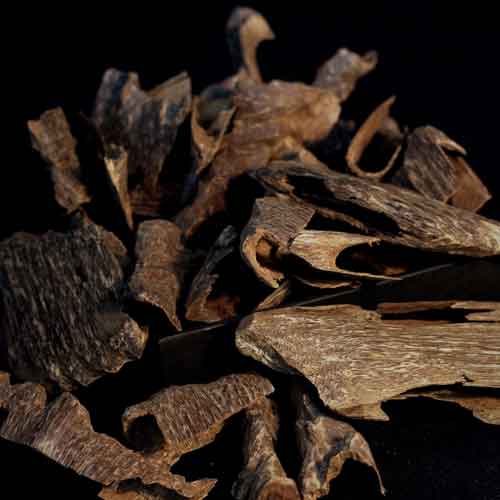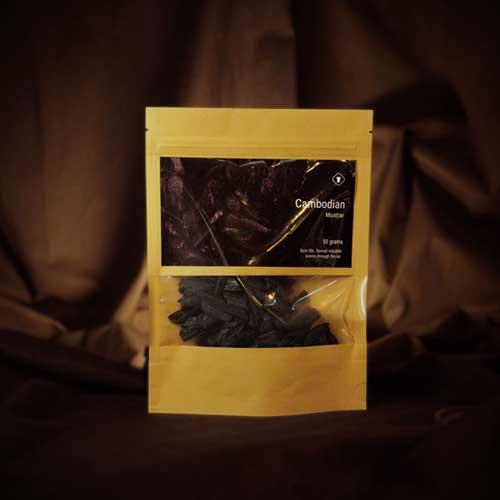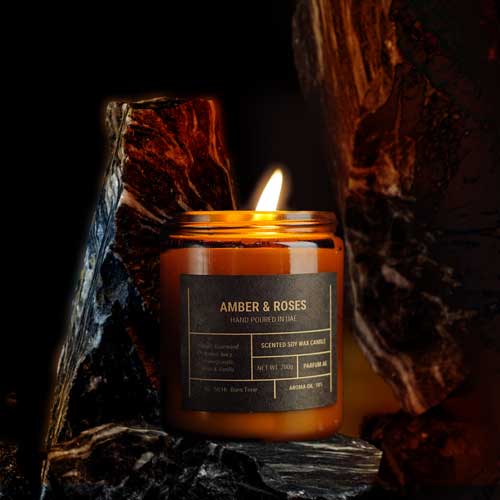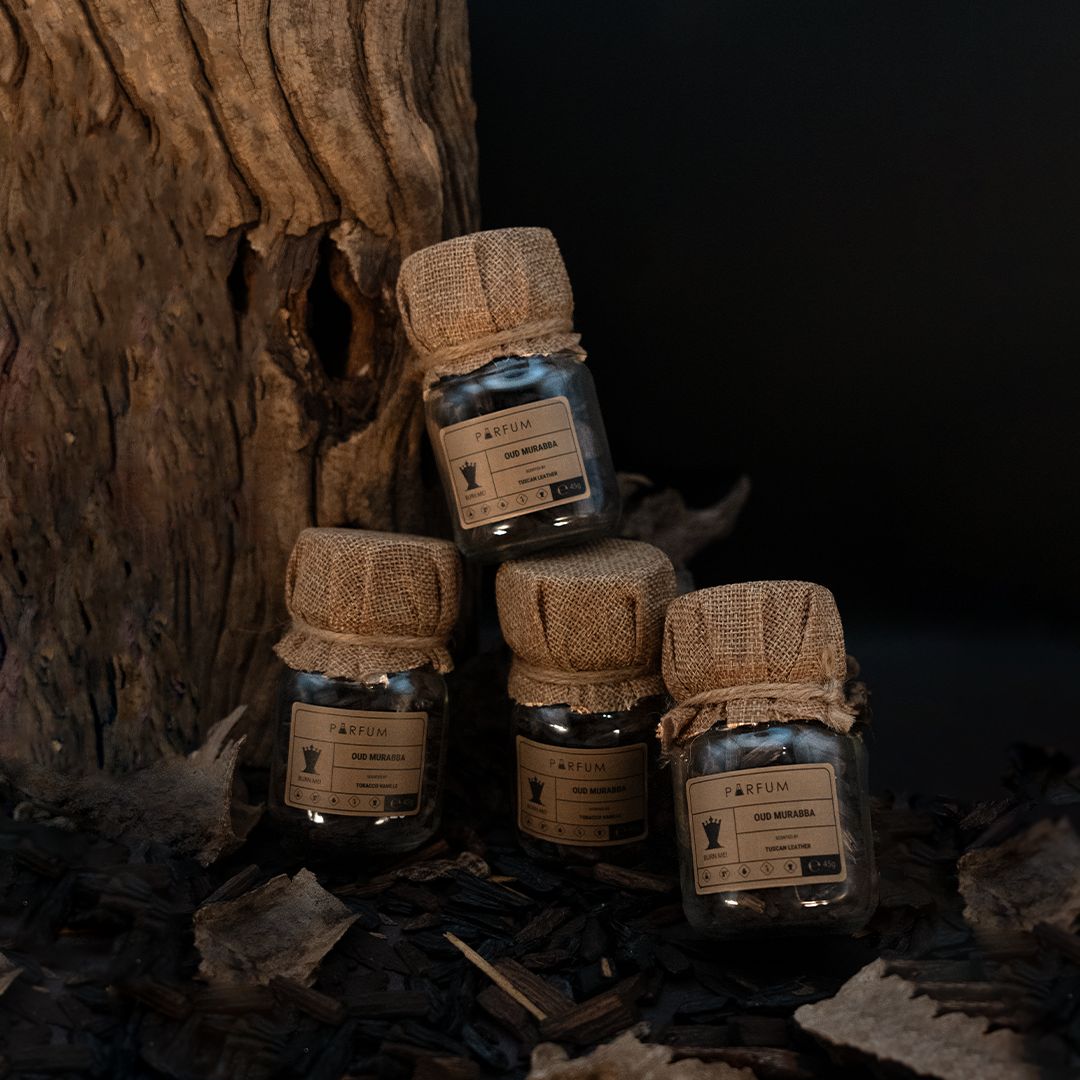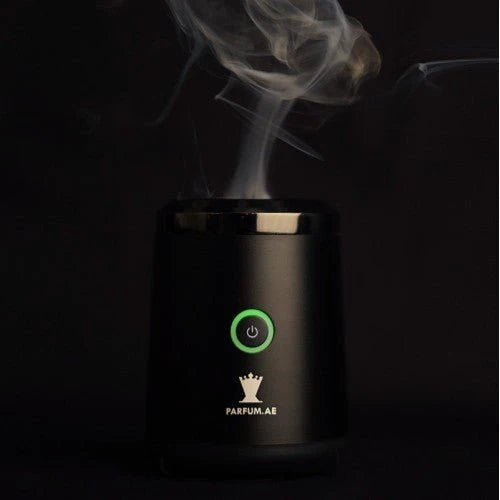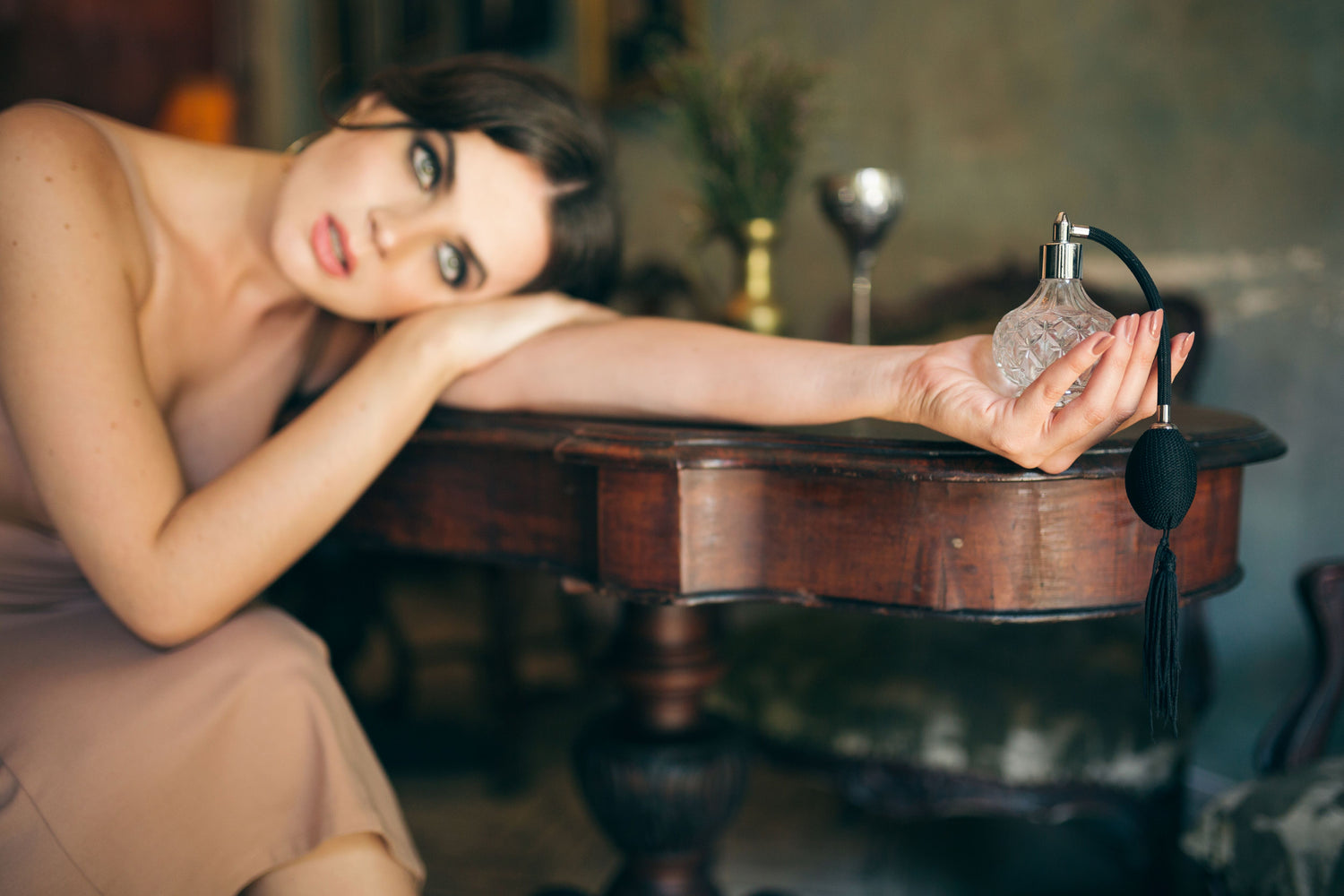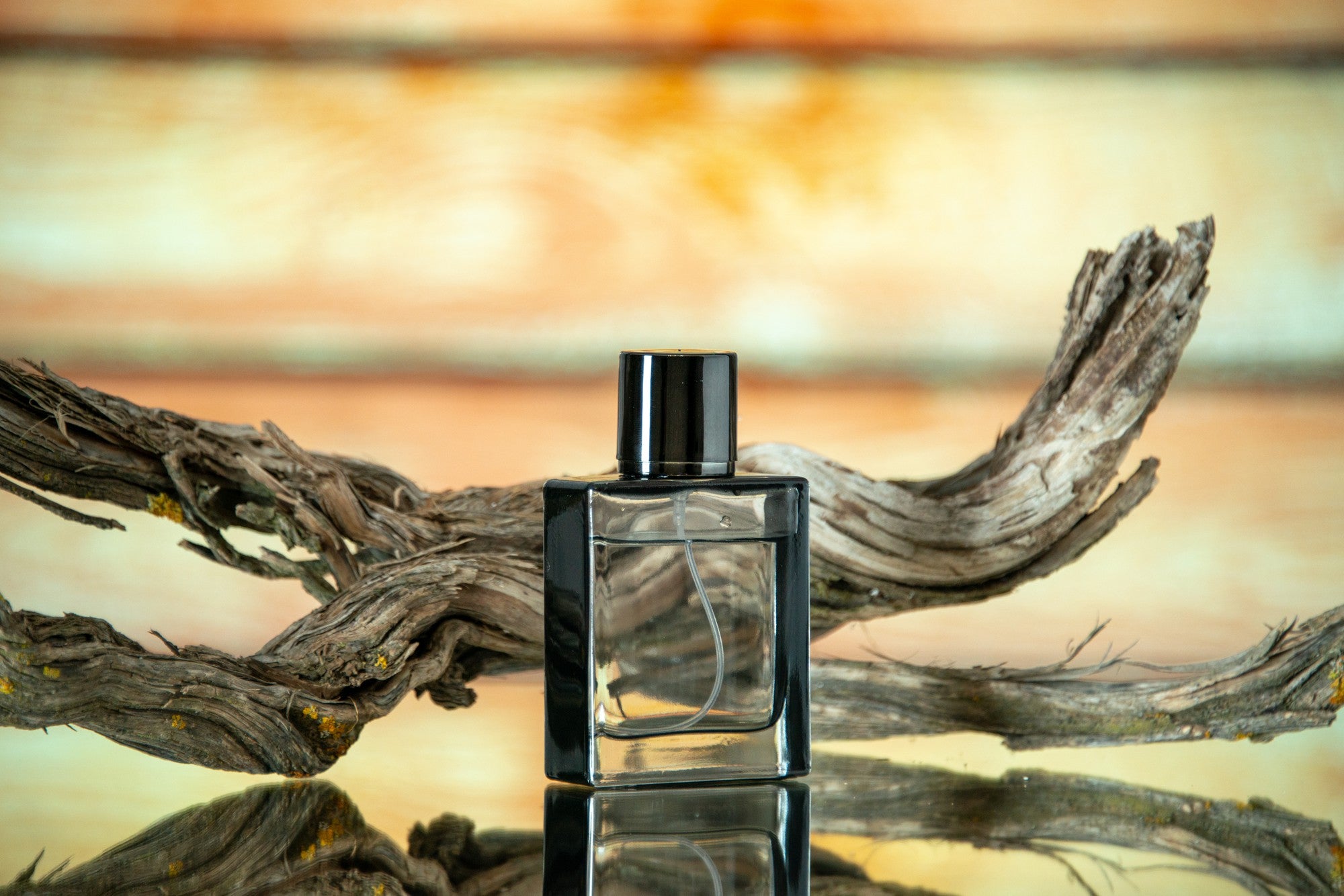French perfumery has long been celebrated as the pinnacle of elegance, artistry, and luxury. From its historic beginnings to its role in shaping global fragrance trends, France has solidified its position as the capital of perfume. This article delves into the history of French perfume, its craftsmanship, cultural significance, and its enduring impact on the modern perfume industry. To experience this remarkable heritage firsthand, explore the stunning range of fragrances on parfum.ae.
A Glimpse Into the Perfume History in France
The history of perfume in France dates back to the Renaissance, when Catherine de’ Medici introduced Italian fragrance-making techniques to Grasse, a town in Provence. Over time, Grasse’s mild climate and abundance of flowers, such as jasmine and roses, made it the perfect location for cultivating raw materials for perfumes. Known today as the France perfume capital, Grasse became a global hub for perfumery.
During the 17th and 18th centuries, perfumes gained immense popularity at the French royal court. King Louis XIV, famously nicknamed the "Perfume King," used fragrances as a daily ritual and commissioned scented gloves, furniture, and even fountains. This luxurious tradition laid the foundation for the French perfume culture, blending artistry and indulgence.
By the 19th century, innovations in chemistry allowed perfumers to craft more complex scents, combining natural and synthetic ingredients. These advancements solidified France's reputation as the leader in the perfume industry.

French Perfume Legacy: Craftsmanship and Culture
The legacy of French perfumery lies in its dedication to meticulous craftsmanship and cultural depth. Grasse remains at the heart of France parfumerie, producing world-renowned natural extracts, while Paris houses legendary perfume brands like Guerlain, Dior, and Chanel. These brands revolutionized the art of perfume-making, giving rise to an enduring French fragrance heritage.
Key Elements of French Perfumery:
- Attention to Ingredients: Only the finest ingredients, such as Grasse’s jasmine and lavender, are used to create luxurious scents.
- Blending Artistry: Perfume creation involves skilled mixology, where notes are layered to craft a harmonious olfactory experience. To experiment with this art yourself, try Mixology and design your own scent.
- Timeless Elegance: French perfumes prioritize sophistication and evoke emotions through carefully balanced compositions.
From the perfume history in France to the cultural artistry of its production, the French perfume culture continues to inspire perfumers worldwide.
French Influence on Modern Fragrance Trends
The French influence on perfumes extends across the globe, shaping both the perfume industry France and international markets. Here’s how France has influenced modern fragrance trends:
1. Customization and Niche Perfumery
French perfumeries have popularized bespoke fragrances, allowing individuals to express their personality through customized scents. This trend emphasizes the craftsmanship of perfumeries France and elevates perfume to an art form.
2. Sustainability in Perfumery
Modern France perfumery embraces eco-conscious practices, such as sourcing sustainable ingredients and using eco-friendly packaging. This aligns with global efforts to reduce environmental impact while maintaining luxury.
3. Genderless Scents
Breaking traditional norms, French perfumers have embraced gender-neutral fragrances, appealing to diverse audiences and redefining modern perfume preferences.
Through these innovations, France remains the leader in crafting fragrances that resonate across cultures. The impact of French fragrances is not just about trends but also about setting standards for quality and elegance.

French Perfume Culture and Its Global Impact
The French perfume culture is an integral part of the country’s heritage, representing refinement and creativity. French perfumes are more than just products—they are symbols of identity, history, and artistry.
Global Appeal of French Fragrances
The french scents’ global influence is undeniable. Iconic perfumes such as Chanel No. 5 and Guerlain Shalimar have captivated generations, blending timeless ingredients with innovative techniques. This enduring appeal solidifies France’s status as the perfume capital of the world.
How French Perfumes Shape Global Preferences
- Storytelling in Scents: French perfumes are designed to tell stories, evoking memories, emotions, and dreams.
- Blending Tradition and Modernity: By honoring their French perfume history while embracing contemporary trends, French perfumers bridge the gap between the past and present.
For a taste of this sophistication, explore Fragrances, a collection inspired by the finest traditions of France and perfume.
Modern Fragrance Trends from France
French perfumery continues to set global benchmarks with its innovative trends and timeless creations. Here are the key modern fragrance trends from France that shape the industry:
- Natural and Botanical Ingredients: Sourced from the finest fields in Grasse, natural notes dominate the perfume industry France.
- Minimalist Scents: Simple yet elegant blends highlight the beauty of each ingredient.
- Long-Lasting Formulas: Advanced techniques ensure French perfumes retain their allure throughout the day.
These trends underscore the ongoing French fragrance influence, making French perfumes the preferred choice for discerning buyers.
Conclusion
The history of French perfumes is a testament to the nation’s innovation, artistry, and dedication to perfection. From the lavender fields of Grasse to the glamorous French perfumery Paris, France has shaped the way the world experiences fragrance. With its blend of tradition and modernity, France parfumerie remains at the forefront of the industry, inspiring both creators and consumers.
Whether you’re exploring timeless classics or the latest trends, the french perfume legacy offers something for everyone. French perfumes are not just scents; they are an art form that captures the soul of elegance and innovation.

